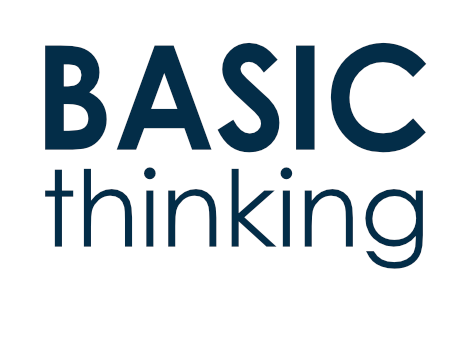Wikipedia: Behavioral Targeting is a technique used by online publishers and advertisers to increase the effectiveness of their campaigns. The idea is to observe a user’s online behavior anonymously and then serve the most relevant advertisement based on their behavior. Theoretically, this helps advertisers deliver their online advertisement to the users who are most likely to be influenced by them.
Reuters zu Googles Bemühungen, die in eine etwas andere Richtung laufen: Google has been testing for several weeks a new advertising feature that delivers ads based not simply on a specific search term, but also on the immediately previous search, she said. A user who types „Italy vacation“ into a Google search box might see ads about Tuscany or cheap flights to Europe. Were the same user to subsequently search for „weather,“ Google will assume there is a link between „Italy vacation“ and „weather“ and deliver ads tied to local weather conditions in Italy.
Beide Methoden haben sicherlich was für sich, doch interessant wird es erst dann, wenn Behavioral Targeting mehr und mehr an Boden gewinnen wüde: da der Widerstand gegen Google immer mehr zunimmt und damit auch die Gefahr, doch noch eines Tages vor der Anti-Trust Komission zu landen (Amis mögen kommerzielle Monopole ganz und gar nicht), kann Google möglicherweise nicht so agieren, wie Google möchte. Spannend.










